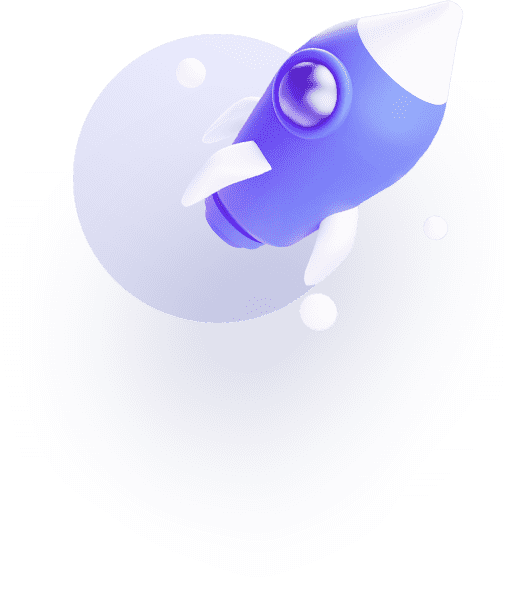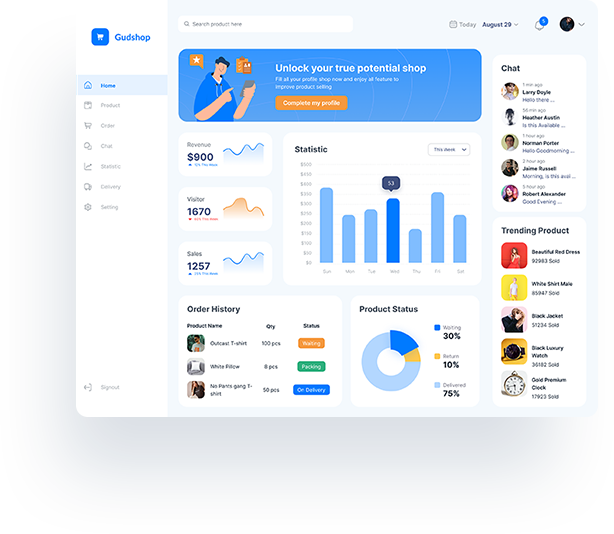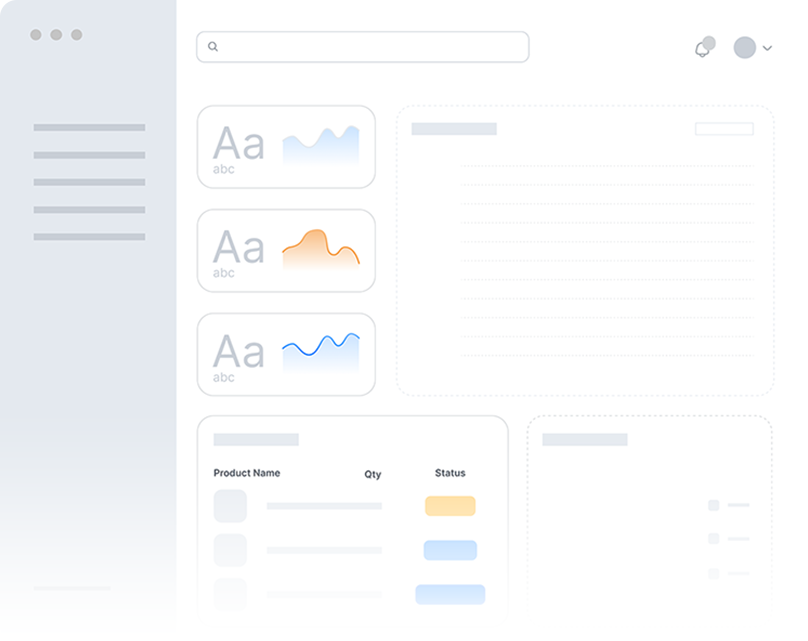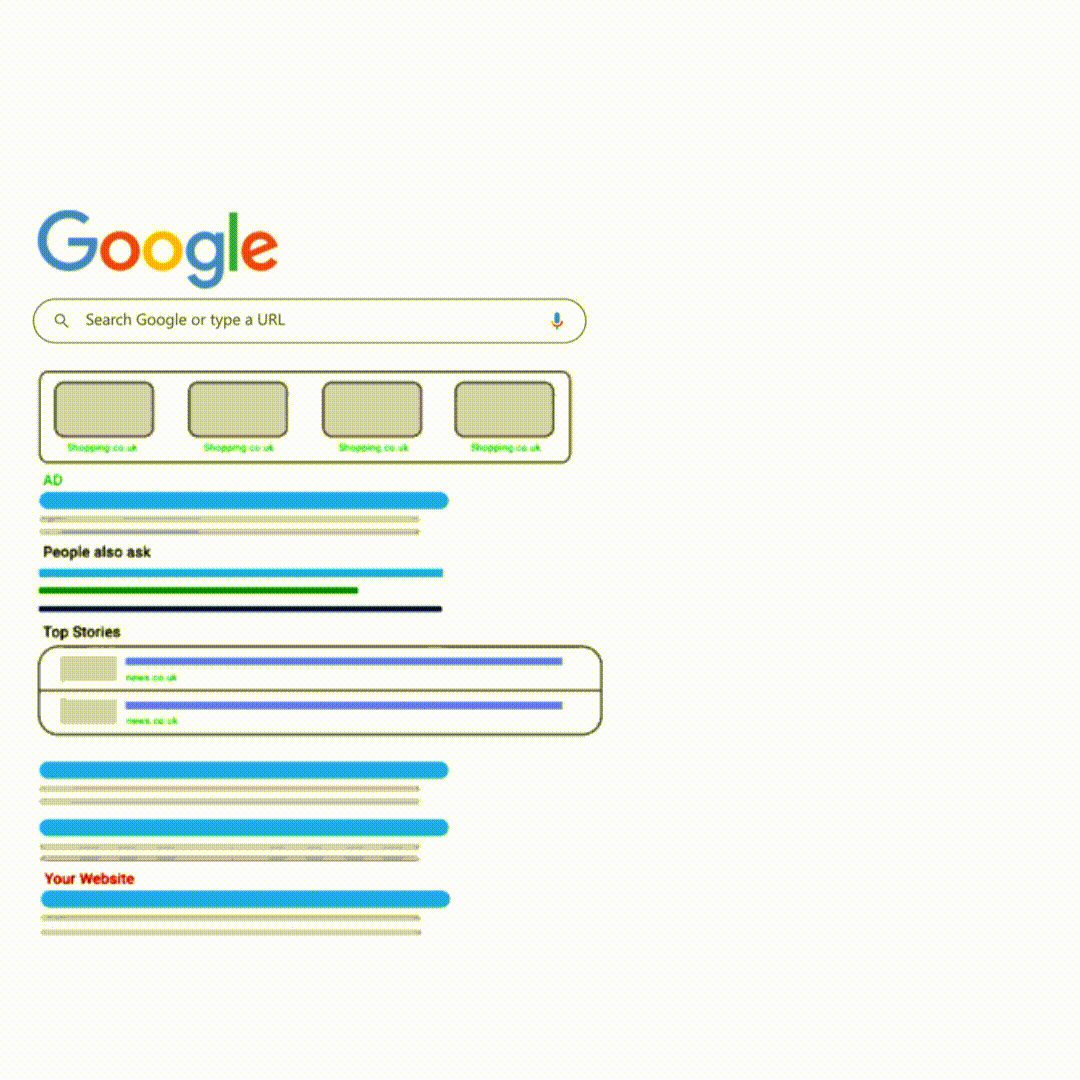Digital Marketing Strategies for Pharmaceutical Companies: Boosting Leads, Traffic, and Online Visibility
In today's fast-paced digital landscape, pharmaceutical companies are embracing innovative approaches to reach their target audiences, generate leads, and increase online visibility. The pharmaceutical industry, known for its strict regulations and specialized audience, can greatly benefit from tailored digital marketing strategies. From search engine optimization (SEO) to social media and Google Ads, here's how digital marketing services can transform your pharmaceutical business.

SEO: Elevate Your Online Presence
Search engine optimization is the cornerstone of any successful digital marketing campaign. For pharmaceutical companies, SEO plays a vital role in ensuring that your website and content are visible to the right audience. Effective pharmaceutical SEO strategies involve:
Identifying relevant keywords and phrases that potential patients, healthcare professionals, and stakeholders are likely to search for.
Creating high-quality, informative content that not only educates but also ranks well on search engine results pages (SERPs).
Optimizing your website's technical aspects, including site speed, mobile-friendliness, and schema markup.
Targeting local audiences by optimizing for local searches, particularly important for pharmacies and clinics.
Developing a strong backlink profile to increase your website's authority in the eyes of search engines
By implementing these SEO strategies, pharmaceutical companies can improve their search engine rankings, attract organic traffic, and build trust within their industry.
Get Free Quote Today

Social Media Marketing: Engage and Educate
Social media platforms offer an ideal space for pharmaceutical companies to engage with their audience, share valuable information, and build brand loyalty. Key aspects of successful social media marketing include:
Creating a content calendar that includes a mix of educational content, product updates, industry news, and engaging visuals.
Leveraging social media advertising to reach specific demographics, including healthcare professionals and patients.
Establishing a sense of community through engagement with comments, messages, and discussions.
Ensuring that all social media content complies with industry regulations and guidelines.
Platforms like LinkedIn, Twitter, and Facebook can be particularly effective for B2B pharmaceutical marketing, while Instagram and YouTube can be used for more consumer-oriented campaigns.
Google Ads: Targeted Advertising
Google Ads, formerly known as Google AdWords, provides a powerful tool for pharmaceutical companies to reach a highly targeted audience. Some strategies for successful Google Ads campaigns include:
Creating ad campaigns around relevant keywords to appear at the top of search results.
Using ad extensions to provide additional information, such as location, phone number, and site links.
Targeting users who have previously visited your website, increasing the likelihood of conversion.
Continuously testing different ad copy and visuals to optimize campaign performance.
By investing in Google Ads, pharmaceutical companies can ensure that their products and services are visible to individuals actively searching for relevant information.


Content Marketing: Inform and Educate
Content marketing is a fundamental aspect of digital marketing for pharmaceutical businesses. It involves creating and sharing valuable, relevant, and consistent content to attract and engage a defined audience. For pharmaceutical companies, content marketing strategies may include:
Sharing articles that inform patients and healthcare professionals about specific medical conditions, treatments, or medications.
Creating in-depth resources that showcase expertise and knowledge within the industry.
Developing informative videos, such as medication guides or patient testimonials.
Keeping subscribers informed about industry updates, product launches, and promotions.
By providing valuable content, pharmaceutical companies can establish themselves as trusted authorities in their field while nurturing leads and maintaining customer loyalty.
Email Marketing: Nurture Leads and Build Relationships
Email marketing remains a powerful tool for pharmaceutical companies to communicate directly with their audience. Strategies for successful email marketing campaigns include:
Dividing your email list into specific segments to tailor content and offers to each group.
Addressing recipients by name and sending relevant content based on their interests and behaviors.
Using automation to send personalized messages at the right time, such as medication refill reminders or healthcare updates.
Ensuring that all email communications comply with regulations such as HIPAA.
Email marketing allows pharmaceutical companies to maintain ongoing communication with patients, provide valuable information, and drive sales and engagement.



Analytics and Measurement: Data-Driven Decision-Making
To refine your digital marketing efforts continuously, it's crucial to monitor and analyze performance data. Key analytics tools and metrics to focus on include:
Track the volume of visitors, their behavior, and sources of traffic.
Measure how effectively your digital marketing efforts lead to desired actions, such as form submissions or product purchases.
Calculate the return on investment for your digital marketing campaigns to assess their profitability.
Evaluate the effectiveness of your email marketing and advertising efforts.
Monitor likes, shares, comments, and other forms of engagement.
By regularly analyzing these metrics, pharmaceutical companies can identify areas for improvement and refine their digital marketing strategies for better results.
Compliance and Regulation: A Top Priority
One of the unique challenges in pharmaceutical digital marketing is ensuring compliance with strict industry regulations, including FDA guidelines in the United States. It's essential to:
Keep up-to-date with evolving regulations and guidelines.
Establish internal review and approval processes for content and campaigns to ensure compliance.
Clearly disclose relevant safety and risk information in advertising and promotional materials.
Implement robust data security measures to protect patient information and maintain trust.
While navigating these regulations can be challenging, it's essential to prioritize compliance to protect your reputation and avoid legal issues.


Conclusion
In the digital age, pharmaceutical companies have a wealth of opportunities to connect with their audience, generate leads, and increase online visibility. By implementing a comprehensive digital marketing strategy that includes SEO, social media marketing, Google Ads, content marketing, email marketing, analytics, and a strict focus on compliance, pharmaceutical businesses can thrive in the competitive online landscape. Remember that digital marketing is not a one-time effort but an ongoing commitment to connecting with your audience and providing value in the ever-evolving healthcare landscape.